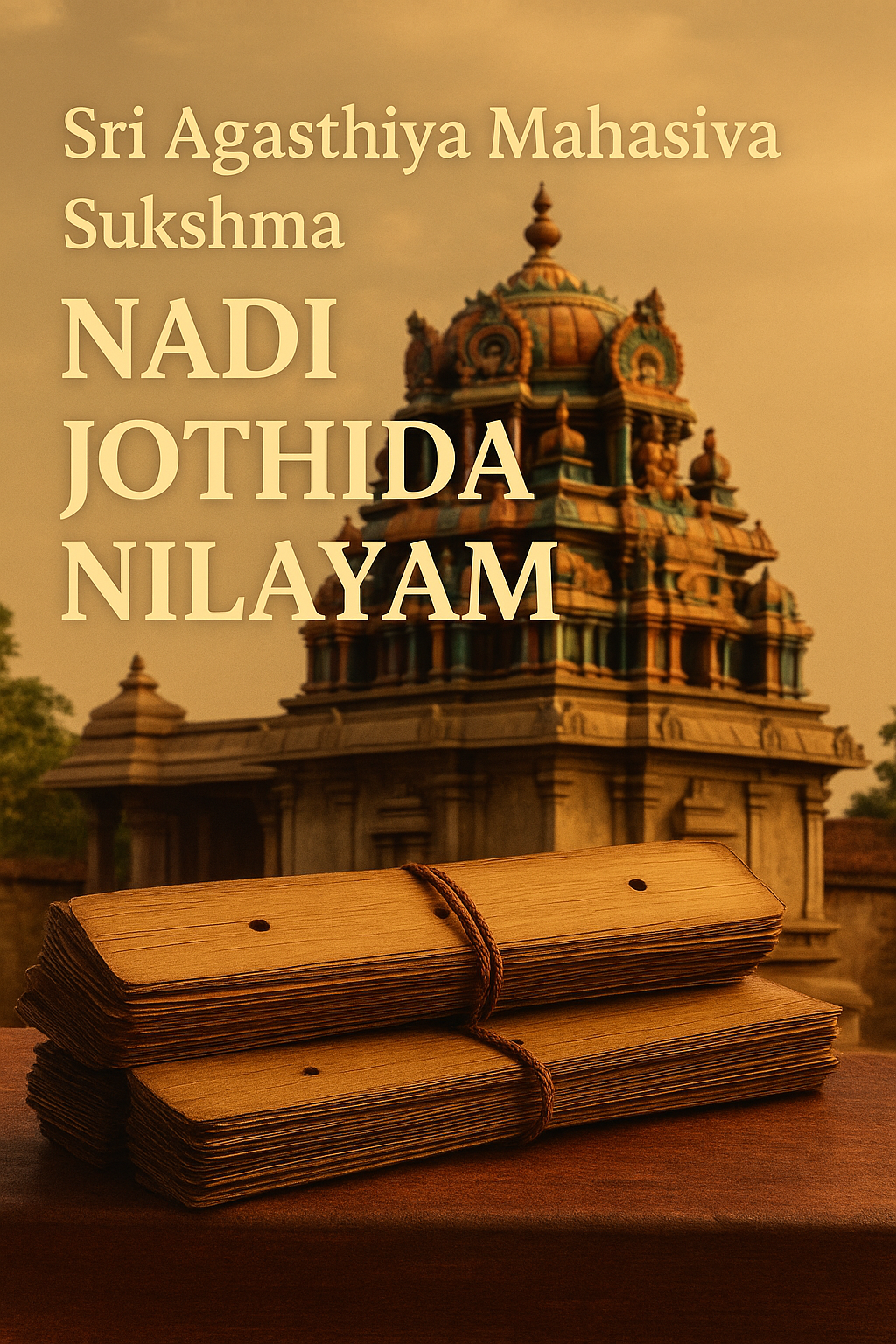13-November-2525
In the journey of marriage — which is not just a legal contract, but a sacred union of two souls — many spiritual seekers ask: Is Nadi important for marriage? What exactly is this “Nadi” factor in astrology, and how much significance should we give it when choosing a life partner? Let’s explore this ancient concept with both traditional insight and modern understanding.

In Vedic astrology, Nadi represents a person’s fundamental energy pattern or life channel. It is believed that each individual’s Nadi reflects their physical constitution, emotional nature, and life energy (prana). When two individuals are considered for marriage, their Nadis are compared — this process is called Nadi matching — to assess their marriage compatibility and energetic harmony.
The Nakshatras (birth stars) in astrology are divided into three categories of Nadis:
When the bride and groom belong to different Nadis, they are said to complement each other, receiving full points in the Nadi Koot section of Kundli matching.
If both belong to the same Nadi, it results in Nadi Dosha (Nadi mismatch), which traditionally reduces their compatibility score to zero.
The popular Ashtakoota Milan system — also known as the “36 Gunas” of marriage matching — assesses eight major compatibility factors: Varna, Vasya, Tara, Yoni, Graha Maitri, Gana, Bhakoot, and Nadi.
Among these, Nadi Koot holds the highest weight — 8 out of 36 points — highlighting its importance. Hence, many astrologers emphasize that Nadi matching should not be ignored while evaluating Kundli matching for marriage.
Nadi matching is believed to represent physical and hereditary harmony between two individuals. When both partners share the same Nadi, they are said to have a similar body constitution and energy flow, which might lead to weaker vitality or issues in progeny.
When the Nadis differ, the energy is balanced, enhancing overall health and harmony in marriage.
From a spiritual perspective, Nadi symbolizes how two individuals’ subtle energies or pranic channels interact. A harmonious Nadi match indicates that their life energies complement each other — enhancing spiritual compatibility, understanding, and inner peace.
Marriage, in this sense, becomes a sacred partnership where both partners grow spiritually while supporting each other’s emotional well-being.
Within the Ashtakoota Milan scoring system, Nadi carries a significant weight of 8 points. Losing these points due to a Nadi Dosha can drastically lower the overall marriage compatibility score. Therefore, astrologers traditionally place great importance on this aspect when determining the suitability of a match.
A Nadi Dosha occurs when both partners have the same Nadi type. Classical astrology associates this with:
These are potential indicators — not certainties — meant to guide, not instill fear.
In today’s world, we can interpret Nadi Dosha as an energetic similarity. When both partners share the same energy pattern, they may reflect each other’s strengths and weaknesses too intensely.
This can manifest as over-similarity, leading to emotional friction — but when approached consciously, it can become a beautiful opportunity for mutual growth.
Many modern astrologers emphasize that if other compatibility factors are strong, a Nadi mismatch need not prevent a happy and successful marriage.
Certain conditions are believed to cancel or neutralize Nadi Dosha, such as:
When consulting an astrologer, spiritually inclined couples should ask:
For spiritually aware individuals, astrology is a tool for insight, not fear. Spiritual compatibility often transcends Nadi Dosha when both partners share love, trust, and purpose.
Daily meditation, energy balancing, and open-hearted communication can bridge any astrological gap.
A Nadi mismatch should not discourage marriage — instead, it’s a cue for awareness.
Use this knowledge to:
When couples approach marriage as a sacred partnership rather than a perfect match, even a Nadi Dosha can transform into a lesson in harmony and growth.
So, is Nadi important for marriage?
Yes — because it reveals valuable insights into energy and compatibility.
But also no — because it’s only one part of a much larger picture.
Even with perfect Nadi matching, marriages require trust, effort, and compassion. And even with a Nadi mismatch, love guided by awareness can overcome challenges.
In truth, marriage is a journey of balancing energies — not just according to the stars, but through understanding, patience, and devotion.